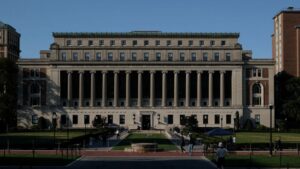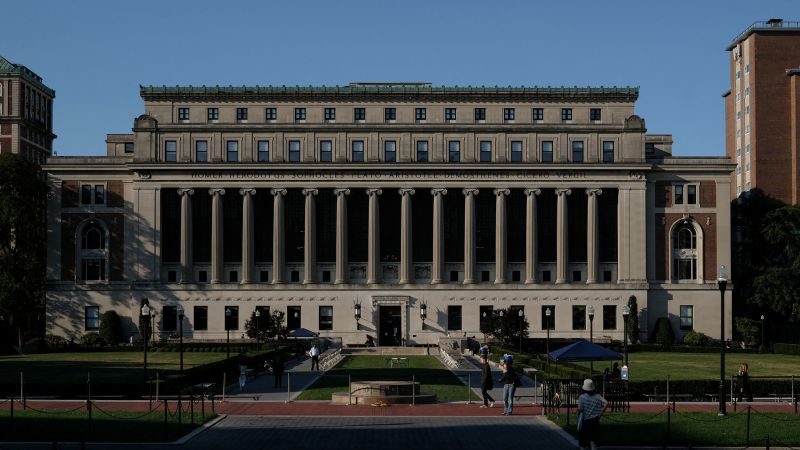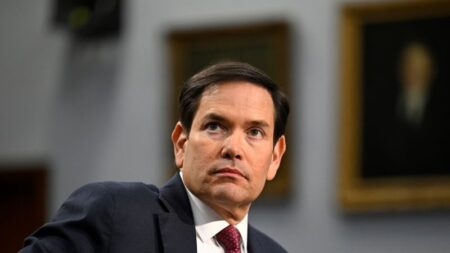Columbia University is reportedly on the brink of solidifying a deal with the Trump administration that has been under negotiation for several months. This agreement aims to restore significant federal funding that has been withheld from the institution due to allegations of inadequate responses to civil rights violations affecting Jewish students. Sources familiar with the developments indicate that the university could be looking at a multimillion-dollar settlement to compensate victims of these alleged violations. Moreover, the deal entails implementing changes in Columbia’s diversity, equity, and inclusion policies, along with enhancing transparency in hiring and admissions processes. Other commitments mentioned include measures to improve campus safety and security for Jewish students.
In exchange for these concessions, Columbia University is anticipated to regain access to over $400 million in federal funding, which the Trump administration had pulled earlier this year. The administration views this arrangement as a model that could potentially pave the way for similar agreements with other universities. Officials from both the Trump administration and Columbia are set to meet at the White House next week to discuss the specifics of this arrangement. However, it is essential to note that the deal is still pending finalization, and discussions could lead to adjustments in its terms.
The Trump administration has escalated its scrutiny of elite universities like Columbia and Harvard, pressing them to take decisive actions against antisemitism within their communities. This push is part of a broader agenda aimed at implementing policy changes across universities that President Trump categorizes as crucial political points. These initiatives often involve debate regarding the extent of federal influence on academic freedom and the operations of educational institutions. Columbia’s board of trustees convened on July 6 to evaluate the proposed terms of this agreement, reflecting the administration’s pressure tactics and the need for universities to comply with federal expectations.
While Columbia has sought a more conciliatory approach compared to Harvard during the negotiation process, it is under investigation for its handling of antisemitic incidents on campus. In recent months, the Trump administration issued threats about revoking the university’s accreditation over allegations that its policies conflicted with discrimination laws. Meanwhile, discussions between the Trump administration and Harvard have hit snags, as disagreements about contractual details have complicated the negotiations.
A spokesperson for Columbia University emphasized that discussions are still ongoing, reaffirming that a resolution has not yet been achieved. In comments to CNN, Trump expressed optimism that “we’re going to probably settle with Columbia,” asserting that the university is eager to reach an agreement, while also noting that there is no urgent deadline for both parties.
While there is speculation about the financial ramifications of the settlement, Trump indicated it would involve “a lot of money.” The White House’s interest in reaching a deal with high-profile universities hinges on the perception that financial pressure could drive compliance with the administration’s demands. Columbia’s acting president, Claire Shipman, acknowledged the “increasingly acute” financial strain placed upon the university by the government’s position.
The impact of federal funding cuts is precipitating serious consequences for Columbia’s research endeavors. Shipman characterized the situation as jeopardizing decades of progress and innovation in scientific research, which could have implications for broader societal contributions. She pointed out that Columbia’s research community includes diverse contributors, from graduate students to established scholars, all at risk of losing vital support.
In dialogues concerning the ongoing rise in antisemitic incidents on campus, Shipman asserts that Columbia has made a commitment to address these critical social issues. She reiterated the necessity of mending Columbia’s relationship with the federal government while also cautioning against framing any resolution as a form of capitulation. Shipman has acknowledged progress made thus far but emphasized that more work is needed in addressing the concerns raised by the administration and ensuring a safe environment for all students on campus.











